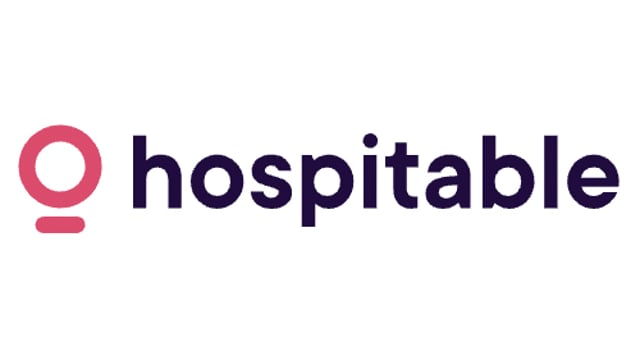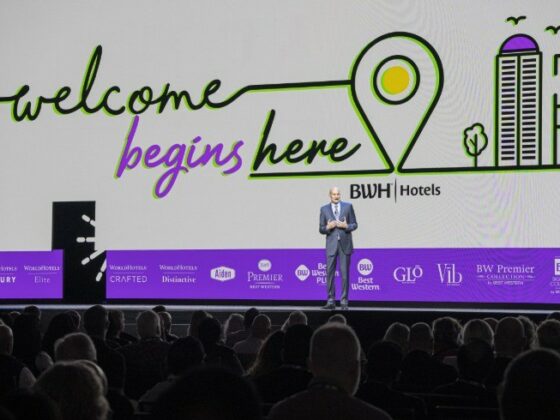
Revenue management has long been the lifeblood of hospitality, with dynamic pricing and strategic forecasting shaping hotel profitability. However, the introduction of artificial intelligence (AI) has taken revenue management to new heights. With its ability to process vast amounts of data in real time, AI empowers hotels to optimize pricing strategies, anticipate demand, and maximize revenue potential. As market complexities grow, AI provides the precision and scalability that traditional methods lack, giving hoteliers a competitive edge.
Dynamic pricing for real-time revenue optimization
Dynamic pricing is at the heart of modern revenue management, and AI makes it more effective than ever. Traditional pricing models rely on historical data and periodic adjustments, but AI enables real-time updates based on market conditions, demand fluctuations, and competitor rates.
For instance, AI systems can analyze booking patterns during high-demand periods and recommend price increases to maximize revenue. Conversely, during off-peak times, AI can suggest rate reductions or value-added packages to attract bookings without sacrificing profitability .
As per a McKinsey report, hotels leveraging AI report a 17% increase in revenue and a 10% boost in occupancy compared to non-adopters, as these systems ensure that room rates are always aligned with market dynamics and guest willingness to pay.
From room revenue to total revenue management
While room revenue has traditionally been the primary focus of revenue management, AI allows hotels to adopt a more comprehensive approach: total revenue management. By analyzing guest spending patterns across all touchpoints—such as dining, spa services, and events—AI provides actionable insights to maximize ancillary revenue.
For example, AI can identify high-value guests who frequently use spa facilities and recommend personalized packages that include room rates and spa treatments. This holistic approach not only boosts revenue but also enhances the guest experience by offering tailored options .
Hotels that have implemented total revenue management strategies powered by AI have seen significant growth in non-room revenue streams, helping them diversify income and reduce dependency on room occupancy alone.
Predictive analytics in demand forecasting
Accurate demand forecasting is crucial for effective revenue management, and AI’s predictive capabilities far surpass traditional methods. By analyzing historical booking data, market trends, and external factors like weather or local events, AI can predict demand surges with remarkable accuracy.
These insights enable hotels to adjust staffing levels, inventory, and pricing strategies proactively, ensuring they capitalize on high-demand periods without overbooking or under-preparing. For example, a hotel expecting a surge in bookings during a local festival can use AI to optimize room rates, schedule additional staff, and stock up on high-demand inventory.
Market segmentation and personalized offers
AI excels at identifying and targeting profitable customer segments, enabling hotels to create personalized offers that resonate with specific audiences. By analyzing booking history, demographics, and behavior patterns, AI can segment guests into categories such as business travelers, families, or luxury seekers.
These insights allow hotels to craft tailored promotions—for instance, offering a discounted family package with complimentary breakfast or an exclusive upgrade for frequent business travelers. Personalized offers not only increase conversion rates but also foster loyalty among high-value guests.
AI-Driven upselling and cross-selling
AI also plays a pivotal role in upselling and cross-selling, helping hotels maximize the value of each booking. By analyzing guest preferences, AI can recommend relevant add-ons during the booking process, such as room upgrades, spa appointments, or dining reservations.
For example, an AI system might detect that a guest has previously booked a suite and suggest an upgrade to a premium room with additional amenities. These targeted recommendations feel intuitive to guests and often result in higher revenue per booking .
Challenges and opportunities in adopting AI for revenue management
While the benefits of AI in revenue management are clear, its implementation comes with challenges. Integrating AI systems with existing property management systems (PMS) and customer relationship management tools (CRM) requires significant investment and expertise. Additionally, hoteliers must ensure that data privacy and security standards are upheld to maintain guest trust.
Despite these hurdles, the opportunities far outweigh the challenges. AI provides the scalability, speed, and precision needed to thrive in a competitive and unpredictable market. Hotels that embrace AI-driven revenue management systems position themselves for sustained growth and profitability.
Conclusion
AI is transforming revenue management in the hospitality industry, empowering hotels to optimize pricing, anticipate demand, and maximize total revenue potential. By adopting AI-driven solutions, hoteliers can stay ahead of market trends, deliver personalized guest experiences, and drive sustainable profitability. As the industry continues to evolve, AI will undoubtedly remain a cornerstone of revenue management innovation.






